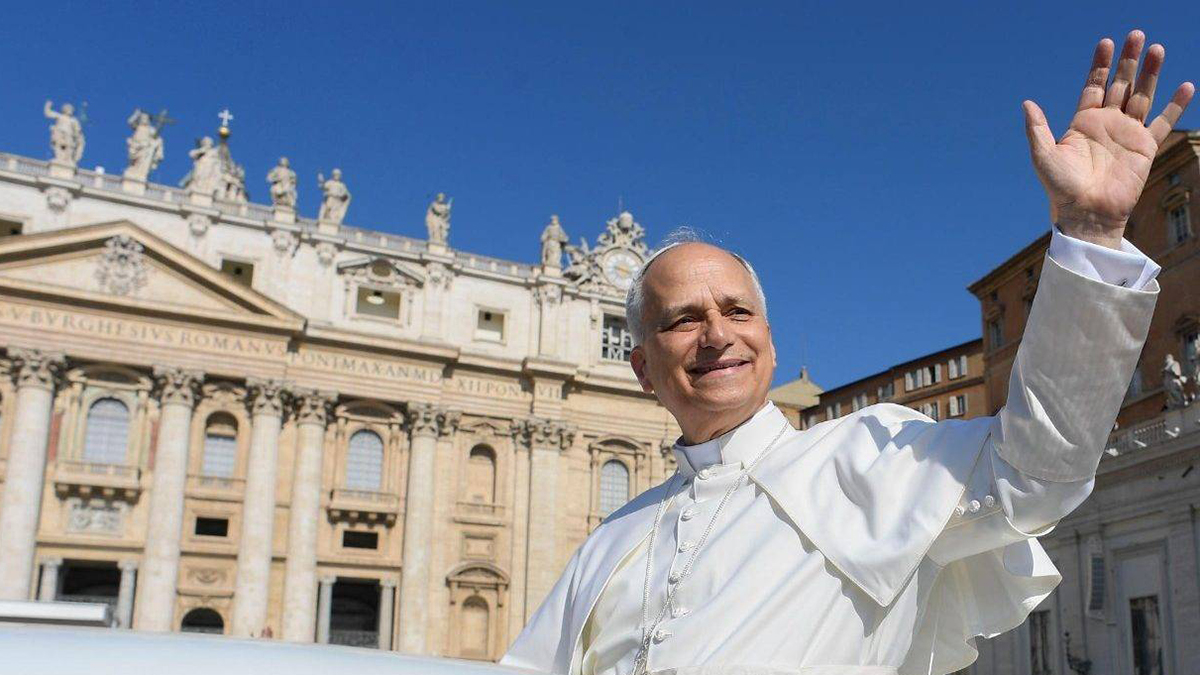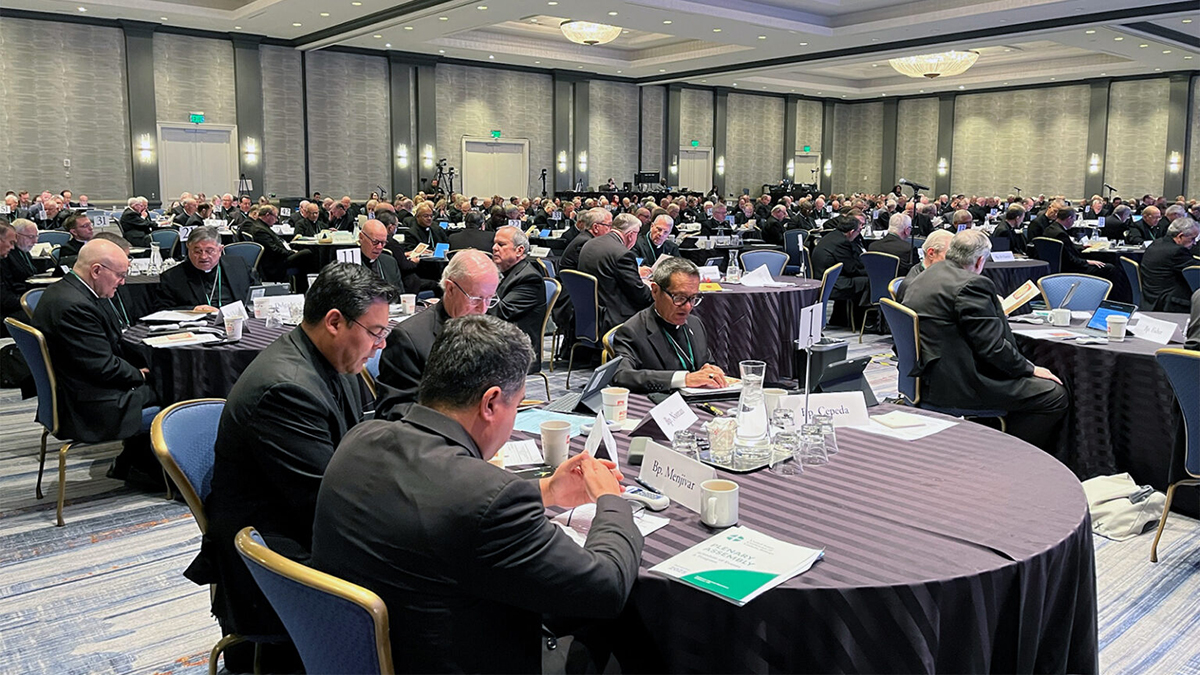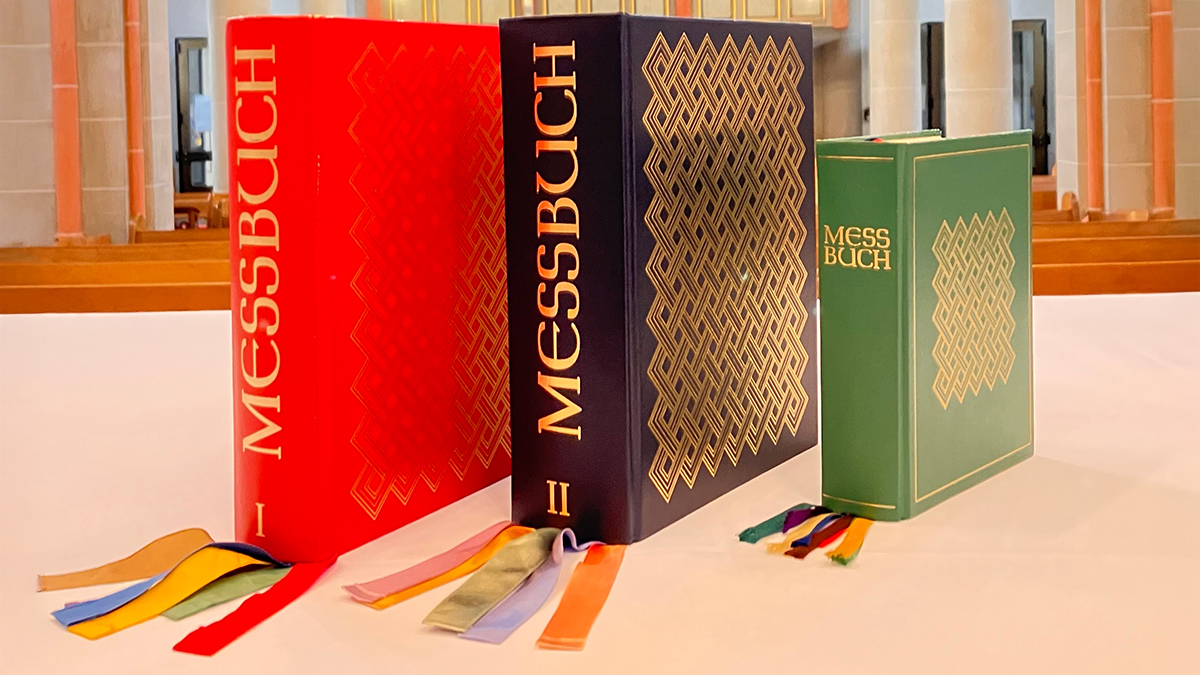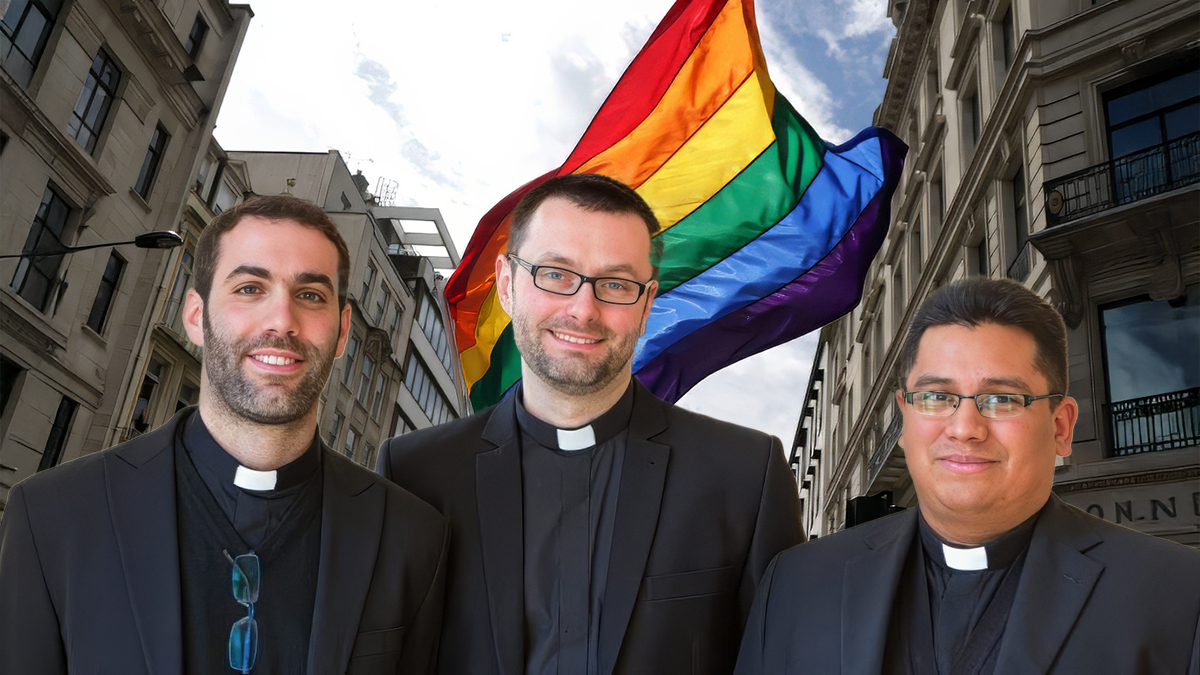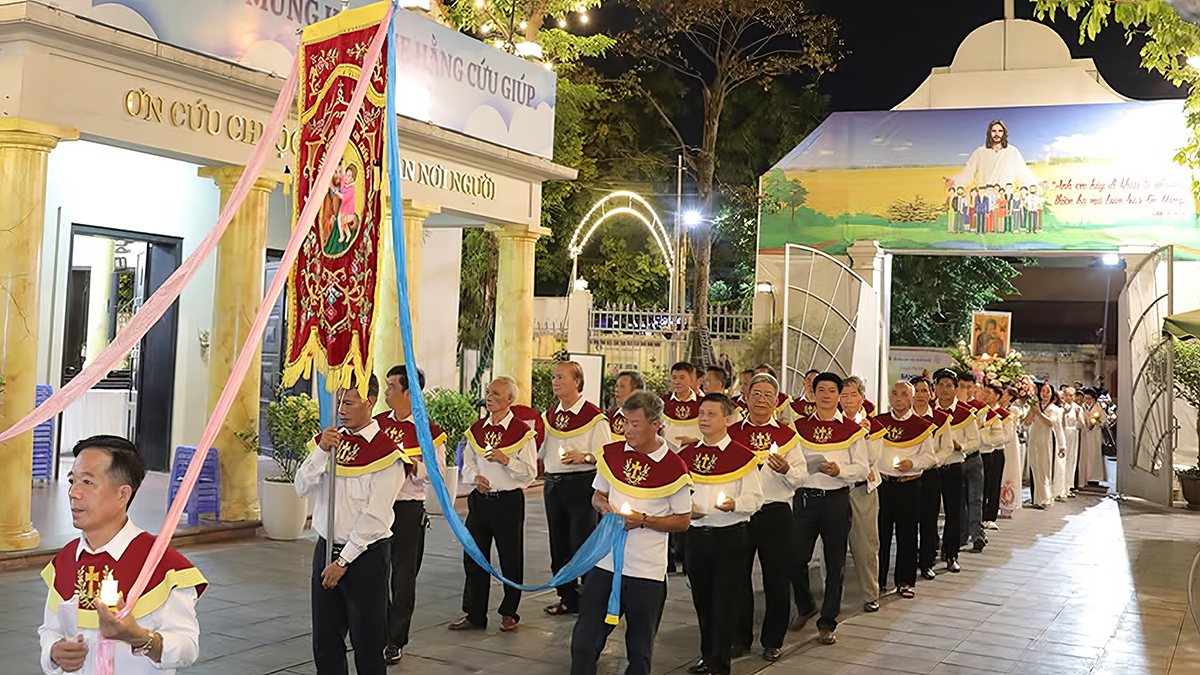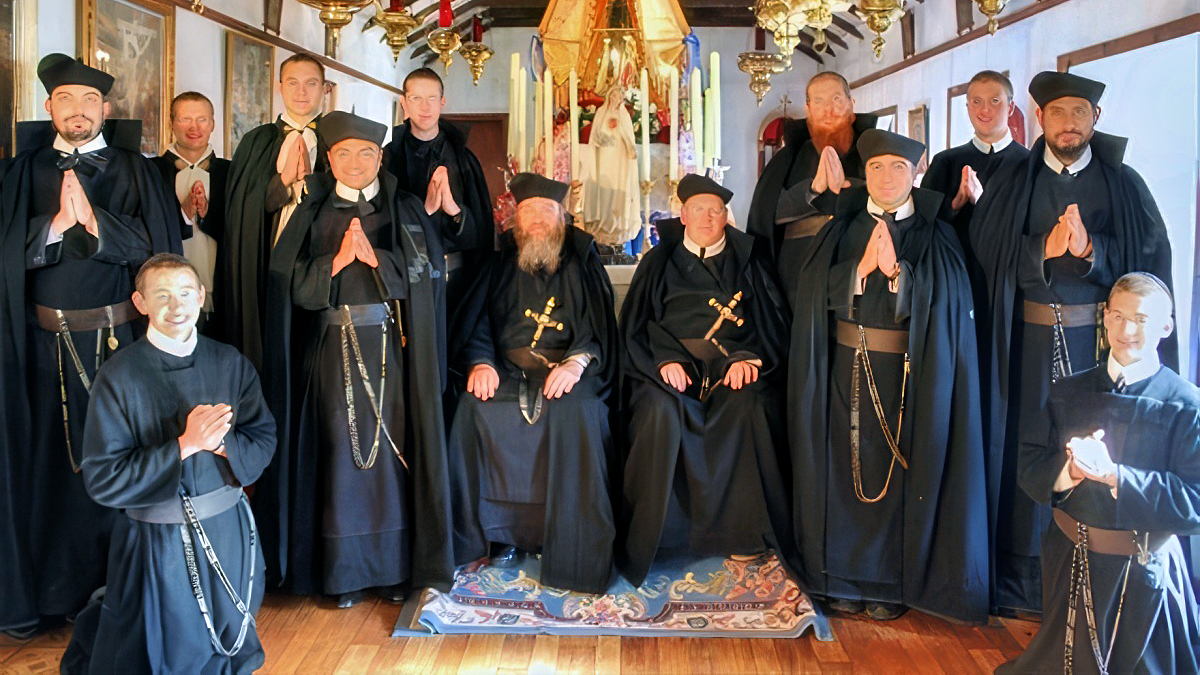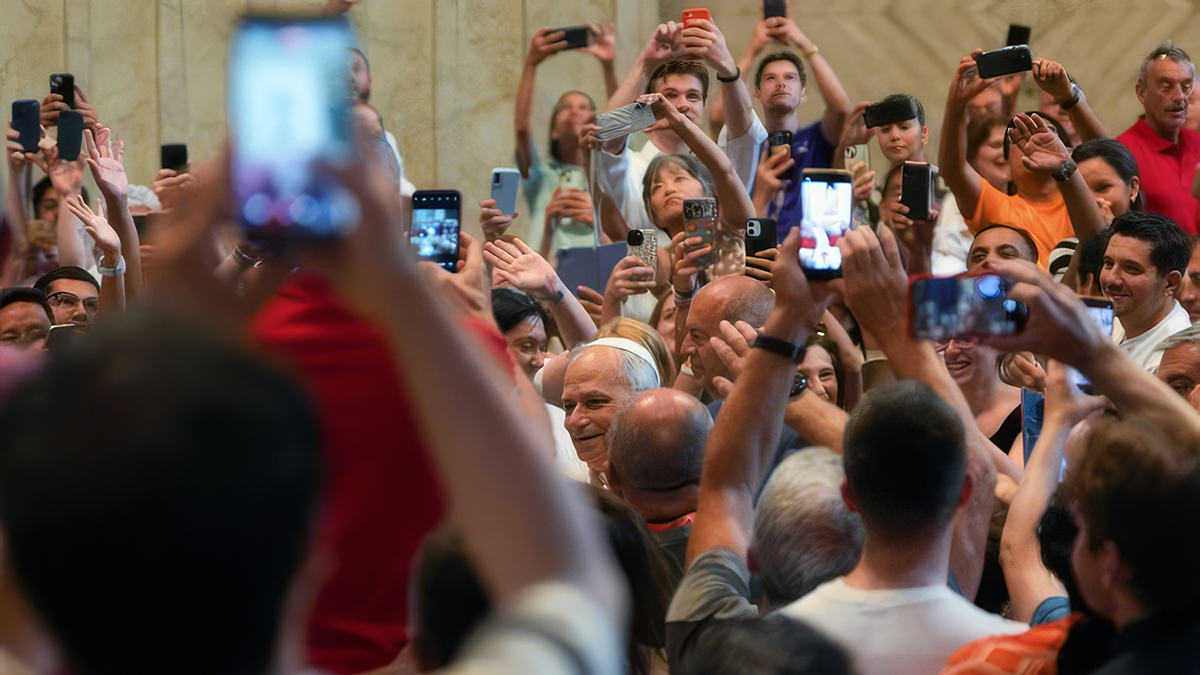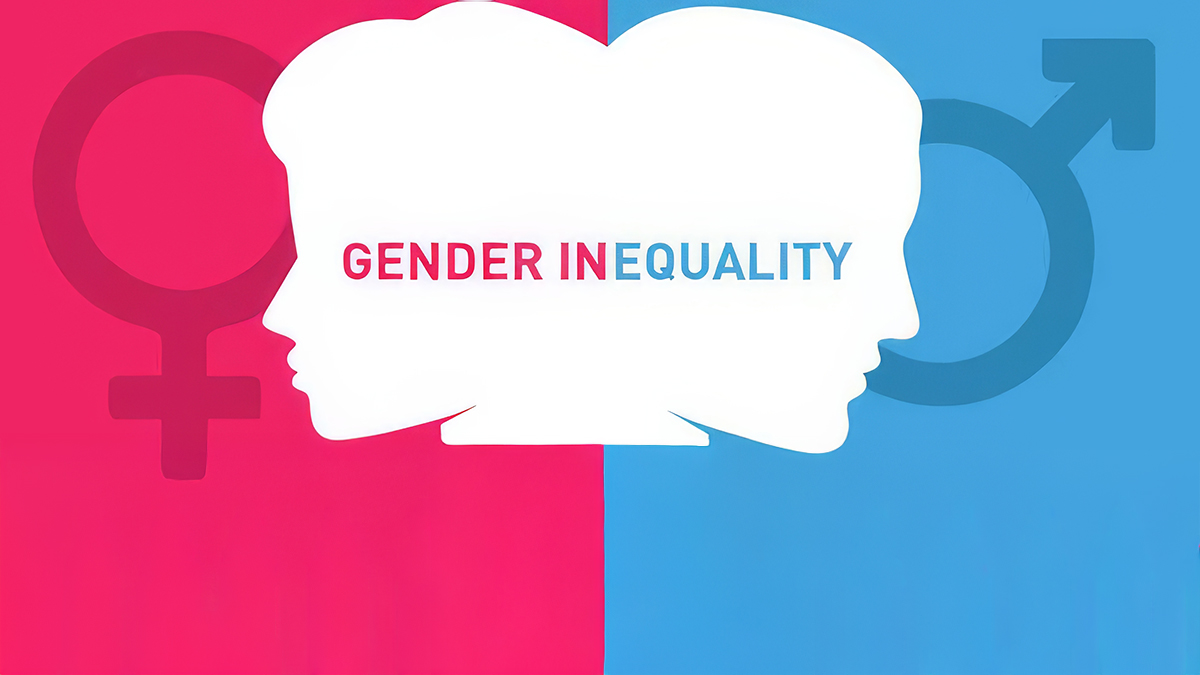Analysis and Comment
-
What does ‘pro-life’ mean?
Pope Leo XIV stirred debate by linking pro-life values with treatment of immigrants. His comments challenged American Catholics to rethink the narrow focus on abortion, urging a broader understanding rooted in Church teaching on dignity and human rights.
-
Trump absent from US Bishops’ mass deportation statement
An urgent message on immigration nearly failed to reach the agenda at the bishops’ meeting in Baltimore. Only behind closed doors did leaders push to address the crisis, ultimately empowering four bishops to draft the hard-won pastoral statement.
-
Clergy must shed their media-shy image
A media-shy clergy is failing to meet the moment. In places where injustice and inequality grow louder, the Church’s prophetic voice is too often missing. Here’s why that silence costs more than caution can afford.
-
50 Years of the German-Language Roman Missal: A Retrospective
German-speaking Churches transformed the Missal by blending theological insight, local culture, and musical tradition. Through translation and reform, a once-Latin liturgy became accessible, participatory, and pastoral—offering a living expression of worship that honours both the universal Church and the richness of local Catholic identity.
-
Why mental illness shortens lives — and how to stop it
People with mental illness die more than a decade earlier than those without — mostly from preventable physical illnesses, not suicide. This article explores what’s going wrong and what can be done to change it.
-
Younger clergy out of step with Catholic laity
If young priests aggressively advance their conservative agenda, church alienation could grow. With lay opinion trending progressive, the gap may further depress Catholic identity and parish life.
-
Faith in the factory: Keeping belief alive in the city
Nearly four million Vietnamese Catholics have migrated internally, leaving rural parishes behind. Far from home parishes, they whisper prayers in dorm rooms before shifts. The Church faces the challenge of helping them sustain belief in busy, fragmented urban life.
-
Are the Transalpine Redemptorists going back into schism?
Nearly two decades after Summorum Pontificum, the Transalpine Redemptorists’ story stretches from reconciliation to renewed confrontation. Founded outside the Church in 1988, they later sought regularisation, celebrated their return to communion, then faced allegations, visitation, expulsion, and an open letter that raised questions about schism and authority.
-
Influence is Not Enough — Religion in the age of algorithms
The sacred hasn’t vanished; it’s migrated. Today, technology is not just a tool—it’s a spiritual context. Can we hear the soul through the machine? Faith in a digital world must learn to speak a new language without losing its mystery.
-
Global South pushes back on Canterbury pick
Critics cite Mullally’s openness to blessing same-sex relationships as a flashpoint. GAFCON leaders say the Church of England ignored their views when choosing a new archbishop.
Get Flashes of Insight
Donate
All services bringing Flashes of Insight are donated.
Significant costs, such as those associated with site hosting, site design, and email delivery, mount up.
Flashes of Insight will shortly look for donations.

